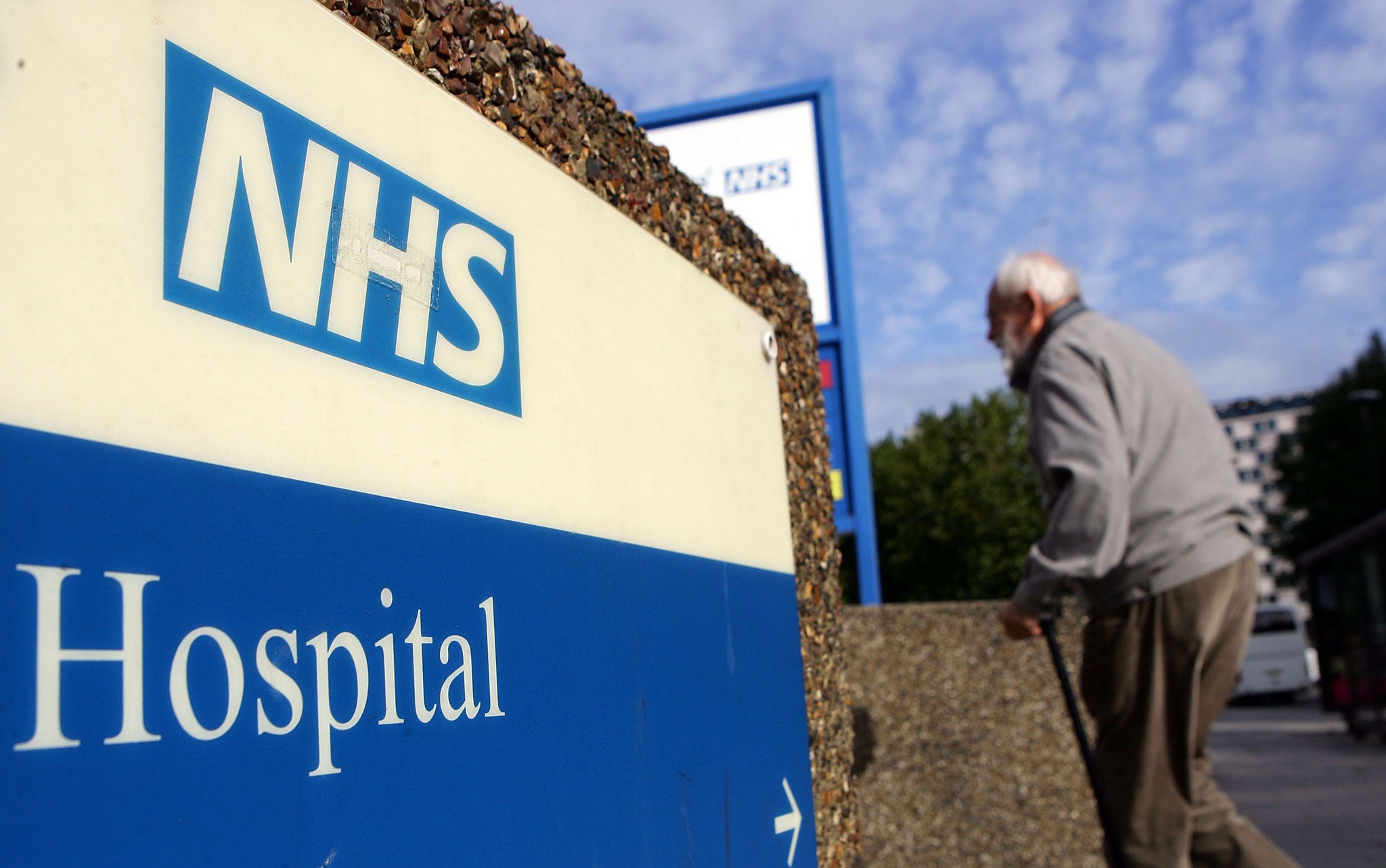Stafford Hospital: it's the vulnerable and old who are victims of our blind faith in the NHS
This Government has taken positive steps to reform healthcare, but we must face up to a fundamental truth - events at Mid Staffordshire were tragic but far from unique


It is just seven months since the NHS was presented to a baffled world as one of the great features of modern Britain, a sacred source of such pride to the nation it was placed at the heart of Olympic celebrations. Now we see it as an institution that allowed hundreds of patients to die needlessly in the most hideous circumstances.
Pause for a second and consider events at the core of the Francis report: in less than a decade, up to 1,200 people died needlessly in two British hospitals in the 21st century. Their lives ended in the most disgusting and undignified style, while members of the supposedly caring professions ignored their suffering, then brushed aside plaintive pleas for help from relatives and bullied heroic staff who spoke out. When Labour claims to be the party of the NHS, remember that the last government was so in hock to the health professions it quashed the idea of a public inquiry.
Pet prejudices
But there are many villains in this story – hospital staff, hopeless managers, professional bodies, Whitehall officials, Westminster politicians. Together they failed in the most terrible manner, undermining with their various self-interests the institution they all profess so loudly to cherish.
Even yesterday, many of these people were projecting pet prejudices on to this shameful saga. They would do well to search their souls a little more before speaking out. To fully understand the complacency, you only need to know that two of the key figures involved in the scandal were promoted to the top jobs in the health service. Thankfully Cynthia Bower no longer runs the official watchdog; it defies any sense of decency that Sir David Nicholson remains chief executive.
Robert Francis made 290 recommendations to ensure that never again can uncaring staff, bureaucratic inertia, a fixation on cost controls and a fatal obsession with targets and ticking boxes cause such deadly damage again. Many suggestions make sense: who can argue with strengthening support for whistleblowers and placing greater emphasis on compassion in the training of staff?
Meanwhile, Jeremy Hunt, the Health Secretary, deserves credit for positioning himself so speedily as patients’ champion. He aims to apply lessons from education, using tough inspections to place poor performers in the spotlight. He was struck by a recent conversation with Paul Corrigan, a former adviser to Tony Blair, who said the key moment in lifting school standards came in 1991 when they could be labelled as failing. Such ideas mark movement in the right direction – although I have severe doubts over the Care Quality Commission being given an even bigger role when it has proved so inadequate. I welcome the idea of a chief inspector of hospitals, but it must be given to a fearless campaigner not a jobsworth.
Ultimately this is window-dressing unless we face up to a fundamental truth: events at Mid Staffordshire were tragic but far from unique. The Patients Association has released several reports highlighting shameful treatment of the elderly. The Schizophrenia Commission three months ago revealed a dysfunctional mental health system. Mencap has discovered nearly 100 deaths of disabled people due to discrimination by medical staff. Most nurses admit they have seen bad care in their own wards.
Callous
As the parent of a child with profound disabilities, I was shocked to encounter the poor care in the service. I have seen arrogance, deception, rudeness, even potentially fatal mistakes from medical staff – alongside, of course, immense dedication and kindness.
It is those most reliant on the health service who most need it to function in a proficient manner. Yet vulnerable people are victims of Britain’s adoration of the NHS. It remains a sclerotic institution from an age when infectious diseases and infant mortality were the big battles, not the complex and continuing conditions of an ageing society.
Until we reform our health and social care services – closing hospitals and re-moulding healthcare in the community around the needs of the old and disabled patients who account for more than two-thirds of spending – the pressures behind this tragedy will only intensify.
Beyond the systemic troubles lie more profound questions over society’s callous attitudes. What sort of person can ignore an old man begging for water or an elderly woman screaming in pain? If we do not tackle these, all talk of creating a patient-centred health service is meaningless.
Join our commenting forum
Join thought-provoking conversations, follow other Independent readers and see their replies
Comments
Bookmark popover
Removed from bookmarks